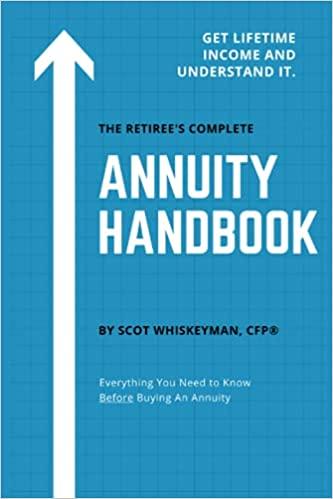Question
You are a loan officer and a first-time home buyer has requested that you help her determine how much she can afford to take out
You are a loan officer and a first-time home buyer has requested that you help her determine how much she can afford to take out as a loan to help purchase a home. She is currently renting an apartment and has presented to you the following information for you to use in your analysis of her financial position:
Gross annual income: $56,000
Auto lease payment: $425/mth
Credit card minimum payment: $80/mth (Owes $4,200)
Student loan payments: $225/mth
Current utility payments: $135/mth on average
Health insurance costs: $200/mth
Auto insurance costs: $280/mth
Grocery/food costs: $400/mth
Dividend income from Stocks: $600/qtr
Gasoline costs: $225/mth
Miscellaneous living expenses: $500/mth
Estimated Federal Income Taxes: $4,000/year
Estimated State Income Taxes: $2,200/year
Estimated payroll taxes: $4,800/year
Property taxes for new home: $2,400 annual estimate
Homeowners insurance for new home: $600 annual estimate
The borrower has strong credit and has sufficient cash in the bank to pay for a down payment of 20% as well as any closing costs. The borrower has sufficient cash reserves to pay up to 2 discount points to lower her rate but only intends on staying in the home for 5 year or less.
Programs that are available for you to consider for the borrower include the following:
3/1 ARM at an initial rate of 3.0% (30-year amortization)
5/1 ARM at an initial rate of 3.25% (30-year amortization)
30-year fixed rate note at 4.0%
15-year fixed rate note at 3.5%
Each discount point paid would lower the 3/1 ARM and the 15-year Fixed Rate note by 0.375% and the 5/1 ARM and 30-year Fixed Rate note by 0.25%
Given the information above, please determine 1) how much of a loan would this borrower qualify for under each loan program above if the 28/36 rule is applied?, 2) which of the programs do you think would be best for this borrower, and why? and 3) where is there wiggle room in your calculations and what could you consider doing to help the borrower qualify for a larger loan?
Step by Step Solution
There are 3 Steps involved in it
Step: 1

Get Instant Access to Expert-Tailored Solutions
See step-by-step solutions with expert insights and AI powered tools for academic success
Step: 2

Step: 3

Ace Your Homework with AI
Get the answers you need in no time with our AI-driven, step-by-step assistance
Get Started


